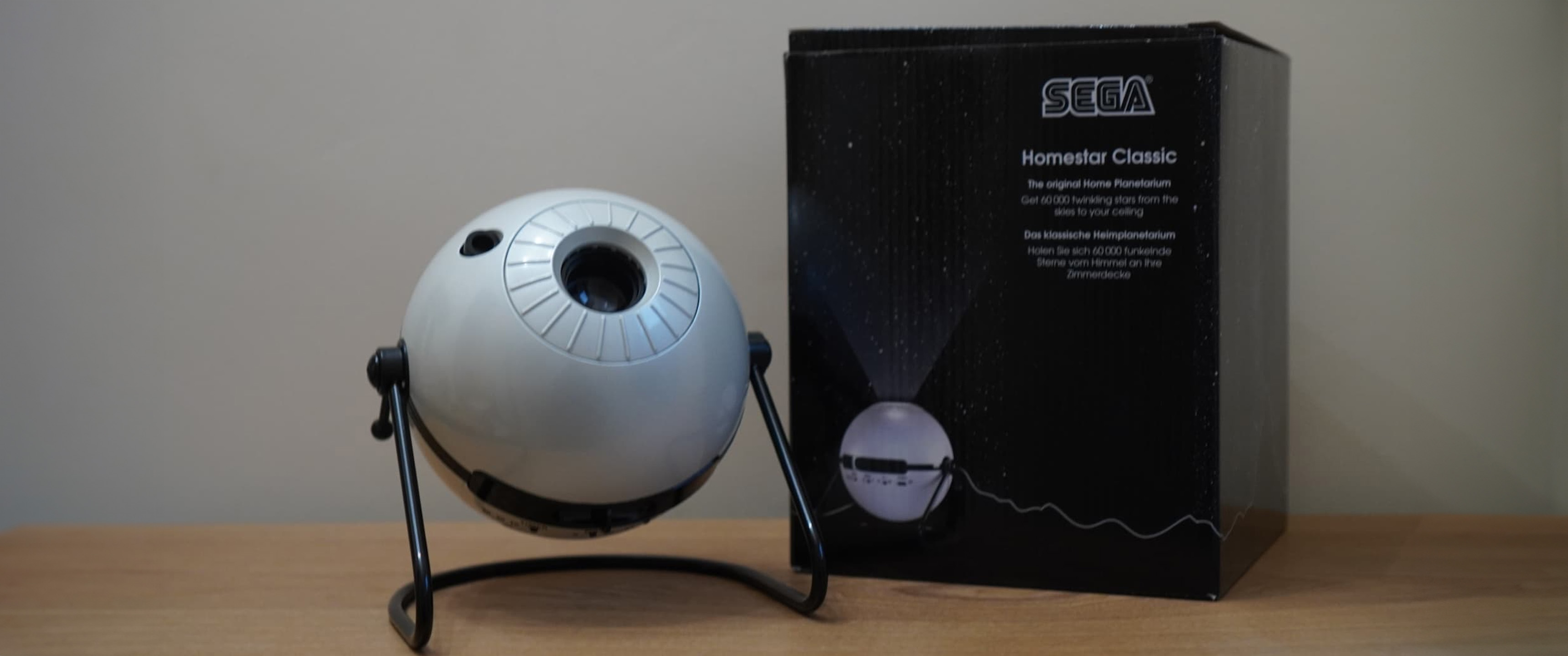Pain Pills Could Ease Hurt Feelings
Getting the snub from friends can feel like a slap in the face. Now researchers say treating such social pain may be as easy as popping a pain pill. They warn, however, that more research is needed before anyone tries the approach.
The finding builds on research showing that psychological blows not only feel like they hurt us, they actually do. For instance, scientists have found a gene linked with both physical pain and a person's sensitivity to rejection. And some of the same brain regions are linked with both pain types.
So perhaps it's not surprising that a painkiller would alleviate both as well.
"The idea that a drug designed to alleviate physical pain should reduce the pain of social rejection seemed simple and straightforward based on what we know about neural overlap between social and physical pain systems," said lead researcher C. Nathan DeWall of the University of Kentucky. "To my surprise, I couldn't find anyone who had ever tested this idea."
But DeWall warns more research is needed to firm up the results. "Our findings do not constitute a call for widespread use of acetaminophen to cope with all types of personal problems," the researchers write in a forthcoming issue of the journal Psychological Science.
The study involved two experiments involving acetaminophen, the main ingredient in Tylenol.
In one experiment, 62 healthy volunteers took 1,000 mg daily of either acetaminophen or a placebo. (Extra strength Tylenol contains about 500 mg of acetaminophen in each tablet.)
Get the world’s most fascinating discoveries delivered straight to your inbox.
Each evening participants answered questions on the so-called Hurt Feelings Scale, which measures social pain caused by, say, teasing. Hurt feelings and social pain decreased over time in those taking acetaminophen, while no change was observed in subjects taking the placebo.
Participants' happiness levels didn't change much over the course of the study for either group.
Then, the team had 25 healthy volunteers take either 2,000 mg of acetaminophen or a placebo. After three weeks of taking the pills, subjects played a computer game rigged to create feelings of social rejection. Their brains were scanned with functional magnetic resonance imaging (fMRI) during the game-playing.
When experiencing rejection, participants taking the pain meds showed less activity, compared with the placebo group, in brain regions linked to both the distress of social pain and some components of physical pain.
The findings have implications for both alleviating hurt feelings as well as a person's overall health, the researchers say.
"Social pain, such as chronic loneliness, damages health as much as smoking and obesity," DeWall said. "We hope our findings can pave the way for interventions designed to reduce the pain of social rejection."
 Live Science Plus
Live Science Plus






